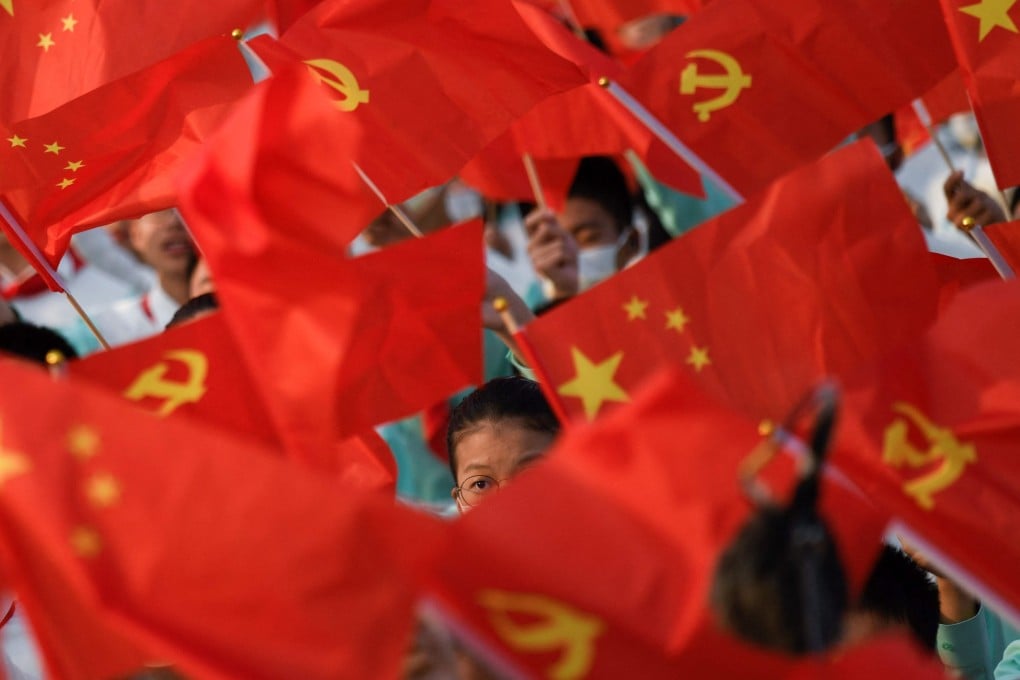Xi Jinping’s new rules reshape China’s Communist Party decision-making
- Ad hoc policymaking by senior leaders at their annual Beidaihe retreat is being replaced by a more formalised style of governance
- Xi’s lasting legacy is likely to be the systems and procedures he has introduced, with thousands of rules and regulations

Beidaihe, a seaside resort near Qinhuangdao city in the central province of Hebei, is traditionally where senior leaders met and jockeyed for power. But party insiders say that since taking control 10 years ago, Xi has slowly moved away from backroom deals at Beidaihe, pushing instead for a rules-based governance that will stand the test of time for the 95 million-strong ruling party.
Xi’s approach is suitable for party leaders no longer bonded by their common experiences or shared background, said Xie Maosong, a senior researcher with the National Strategy Institute of Tsinghua University in Beijing.
“Party founders like Mao Zedong and Deng Xiaoping, who fought together side-by-side for decades, would certainly find informal meetings much more palatable and efficient as they knew each other well,” he said. “But the current crop of leaders don’t have such history and much of the decision-making process needed to be formalised, especially if the party wants to strive to [govern China] for another 100 years.”
Xie said the system-building exercise would form part of Xi’s legacy, setting him apart from his predecessors like Mao and Deng. “Rules can outlive men. By [codifying his ideas] in rules and regulations, Xi is laying down what future party and state leaders will follow.”